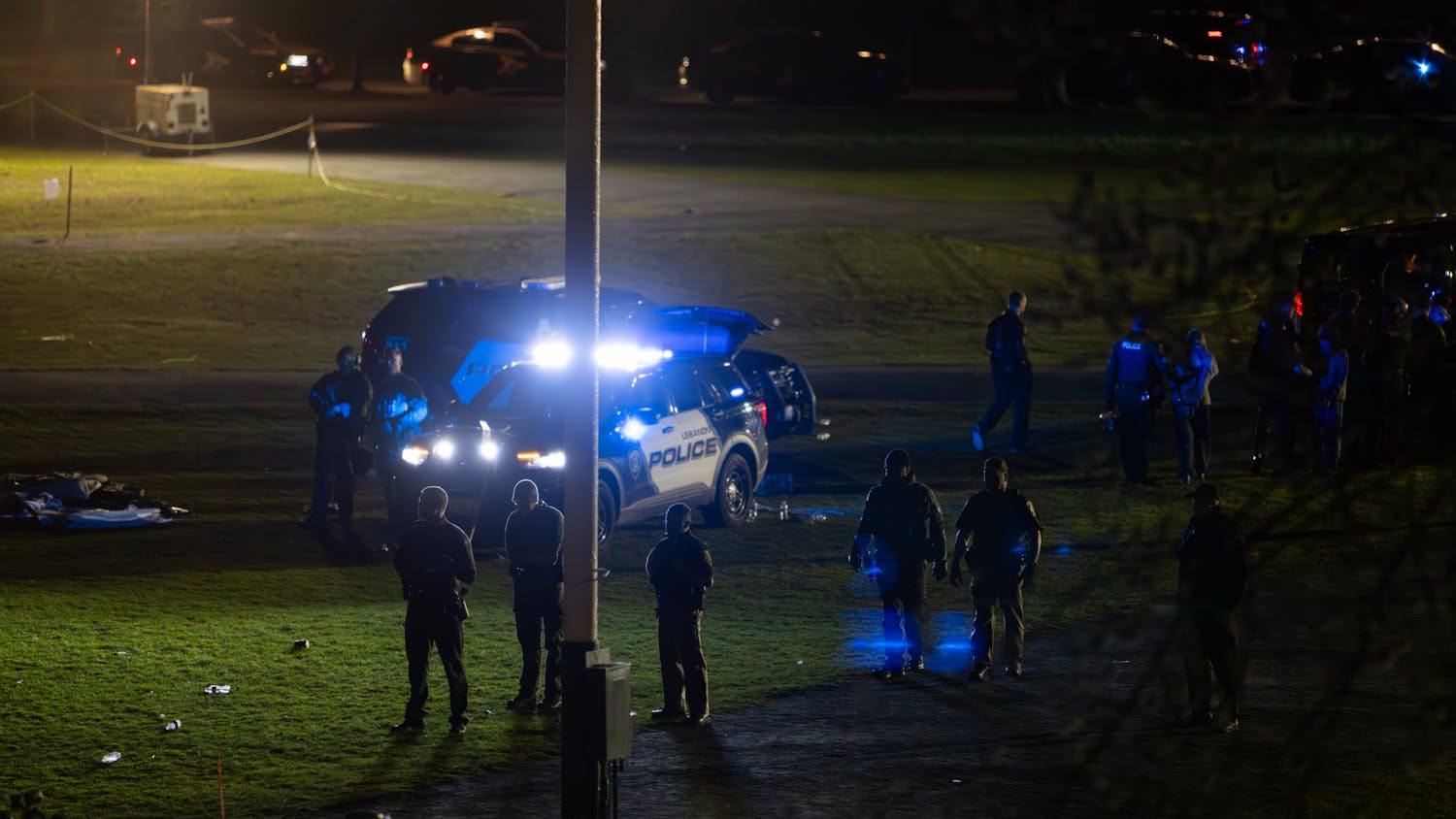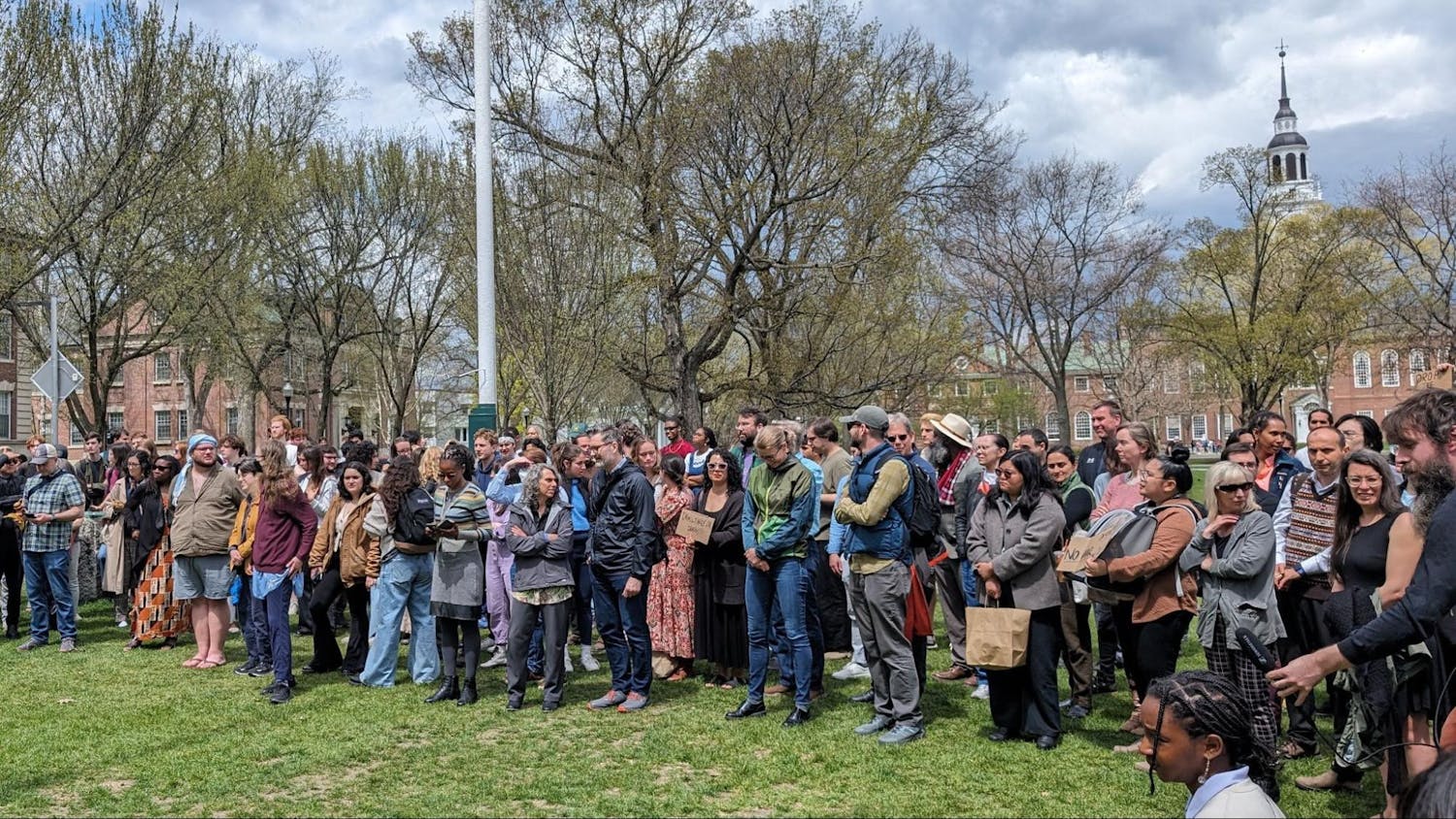John Ha '94 was recently elected the first national chair of a new organization designed to increase communication between Korean American students at colleges across the country.
At the eighth annual Korean American Students Conference Intercollegiate Network earlier this month, delegates formed the Korean-American Intercollegiate Network and selected Ha as its leader.
The organization will provide a means of linking the various Korean students groups on different campuses, Ha said.
"Often, there are small pockets of Korean groups that are doing the same thing," Ha said. "We are trying to empower individual groups," he said.
As national chair, Ha said he will be in charge of coordinating activities across the country with KIN's executive board. He will also organize fundraising efforts and work to develop KIN into a credible organization by recruiting more colleges to participate.
"They elected me for practical reasons," Ha said. "I'm taking next year off, and I'm not going to law school or business school but I'll be volunteering. I can devote time to the organization."
"His qualifications were evident and so was his dedication to the cause of the idea of a network," said Jeff Lee '97, a KASCON representative and delegate to the Network's voting body.
"Having a national chair from Dartmouth will put us on the map and make others acknowledge the Korean-American group here," Ha said. "By having KIN, we can have access to information that will help us to do things we want to do here."
As an example, Ha cited the College's Korean Studies Task Forces' effort to incorporate Korean courses into the Dartmouth curriculum. He said KIN will help Koreans learn from the experiences of other groups across the country who were succesful in establishing Korean studies courses in their curricula.
Ha said he plans to bring about more organized responses from the Korean-American community should a situation like the Los Angeles Riots of April 1992 develop.
"Right now, we're going to file as a not-for-profit organization and form a Board of Trustees. We'll seek individual donations from parents and newspapers and then corporations, Korean foundations and maybe even the Korean government," Ha said.
At its first meeting, KIN's 60 delegates, representing 28 schools, elected an executive committee and five regional chairs to coordinate activities for KIN. They also passed the charter and discussed efforts to bring Korean studies courses to college curricula nationwide.
KIN is not a new idea but represents the re-creation of an older organization which consisted of 26 colleges mostly from the Northeast. The new charter is an attempt to develop the organizatin from scratch with a more national focus, Ha said.
Ten Dartmouth students were among the 1,000 who participated in the KASCON conference, which dealt with topics ranging from the idea of Asian-Americans as a model minority to Korean-American gang activity, Lee said.



